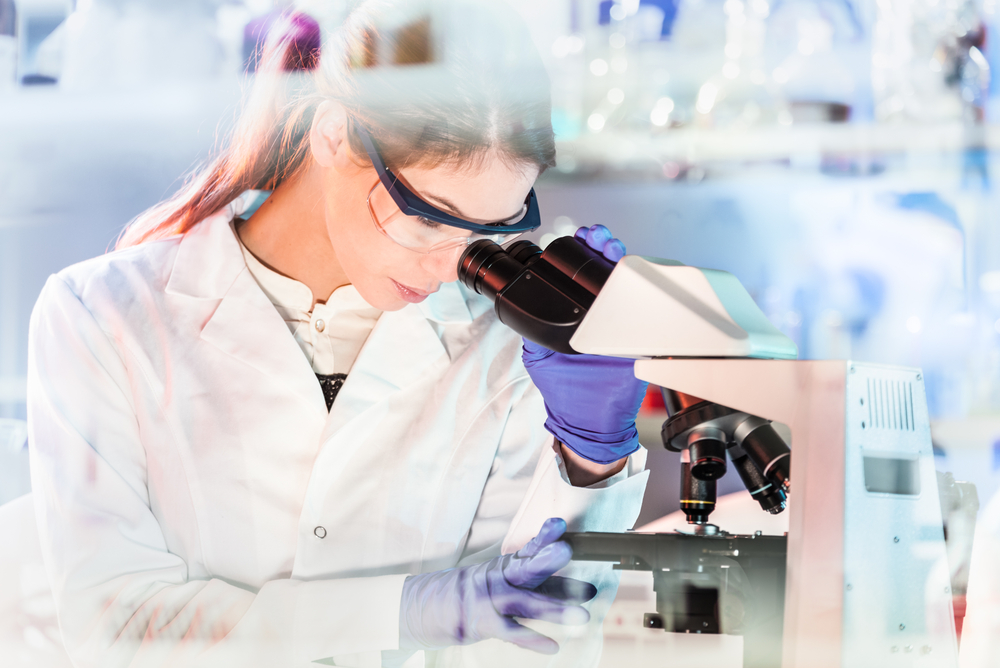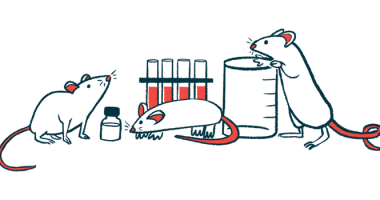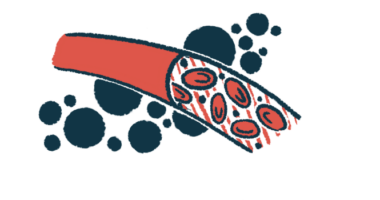Australian Museum Eureka Prize Given CF Research Team for Work on Bacteria’s Spread Among Patients

A research team at The University of Queensland was honored for its work on the spread of bacteria among cystic fibrosis patients, being named a winner of this year’s Australian Museum Eureka Prizes.
The prizes recognize excellence in four fields: research and innovation, science engagement, science leadership, and science education.
CF Air, as the team is known, won for deciphering how bacteria move among CF patients. The award given is titled the 2018 Australian Infectious Diseases Research Center Eureka Prize for Infectious Diseases Research.
“The CF Air team has uncovered the process by which the deadly pathogens causing airway infections are transmitted between CF patients,” Mark Walker, a professor at the university’s School of Chemistry and Molecular Biosciences and director of the Australian Infectious Diseases Research Center, said in a press release.
Treatment-resistant bacteria easily and commonly moves from one CF patient to another, the team found, putting people at risk of serious infection. The researchers also suggested ways of redesigning CF treatment centers and hospital wards to reduce or prevent such transmission, including the use of masks and other preventive measures.
“This research has attracted considerable attention from the CF community, impacting clinical practice and policy,” Walker said. “For example, at Children’s Health Queensland, the largest pediatric CF service in Australia, the team’s research has led to patients being housed in separate outpatient rooms, reducing the potential for the transmission of infectious agents.”
“Ultimately this work will lead to a reduction in infection rates amongst CF patient groups, greatly improving lives and tackling the $70 million per annum direct costs of CF in Australia,” he added.
The Australian Museum Eureka Prizes, established in 1990, are given annually by the Australian Museum at an official awards dinner. This year’s gala ceremony took place on Aug. 29. Whether the honor carries a financial award, in addition to recognition, was not mentioned in the release.
A second University of Queensland research team was also given an Eureka Prize, the Optical Physics in Neurosciences team, for its work on front-line methods to study how human brains detect gravity and motion.
Both teams were selected from among this year’s 47 finalists, all of whose submissions were judged by an independent and expert panel.







